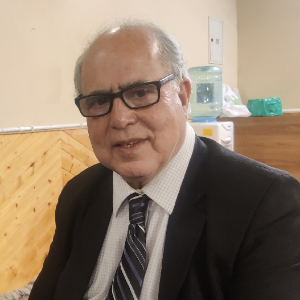Low Vision and Vision Rehabilitation
Loss of functional vision can severely affect independence and daily living. Low vision and vision rehabilitation focuses on enabling individuals with significant visual impairment to maximize remaining sight through specialized training, devices, and adaptive strategies. Rather than restoring full vision, the aim is to enhance visual efficiency for tasks such as reading, mobility, or personal care. Interventions include magnifiers, electronic reading aids, contrast enhancement tools, and orientation techniques tailored to each patient's needs. Vision rehabilitation centers often adopt a multidisciplinary model, integrating low vision specialists, occupational therapists, and psychologists. Advancements in smart technologies, wearable devices, and mobile apps are further enhancing accessibility. Emphasizing early referral and individualized care plans ensures more effective integration into home, work, and community life. Ultimately, low vision rehabilitation empowers patients to regain confidence and autonomy, transforming visual disability into manageable functionality.

Tim Jackson
King’s College London, United Kingdom
Shadrokh Nabili
University Hospitals of Morecambe Bay NHS Foundation Trust, United Kingdom
Anna Maria Bassi
University of Genoa, Italy
Pio Conti
University of Chieti, Italy
Gowhar Ahmad
Florence Hospital Srinagar, India
Hyungju Park
Gangnam Tokyo Eye Clinic, Korea, Republic of




Title : Rare and interesting case of Goldenhar’s syndrome in a 3 years old male child
Gowhar Ahmad, Florence Hospital Srinagar, India
Title : Management of common vitreoretinal lesions: An overview and update
Tim Jackson, King’s College London, United Kingdom
Title : Optimizing astigmatism management in refractive cataract surgery
Shadrokh Nabili, University Hospitals of Morecambe Bay NHS Foundation Trust, United Kingdom
Title : Comparative outcomes of a newly modified trabeculectomy versus conventional trabeculectomy
Hyungju Park, Gangnam Tokyo Eye Clinic, Korea, Republic of
Title : Lumevoq gene therapy in leber hereditary optic neuropathy
Magali Taiel, GenSight Biologics, France
Title : Intra orbital wooden foreign bodies: A retrospective study of 30 cases
Chandana Chakraborti, Regional Institute of Ophthalmology, Medical College & Hospital, India